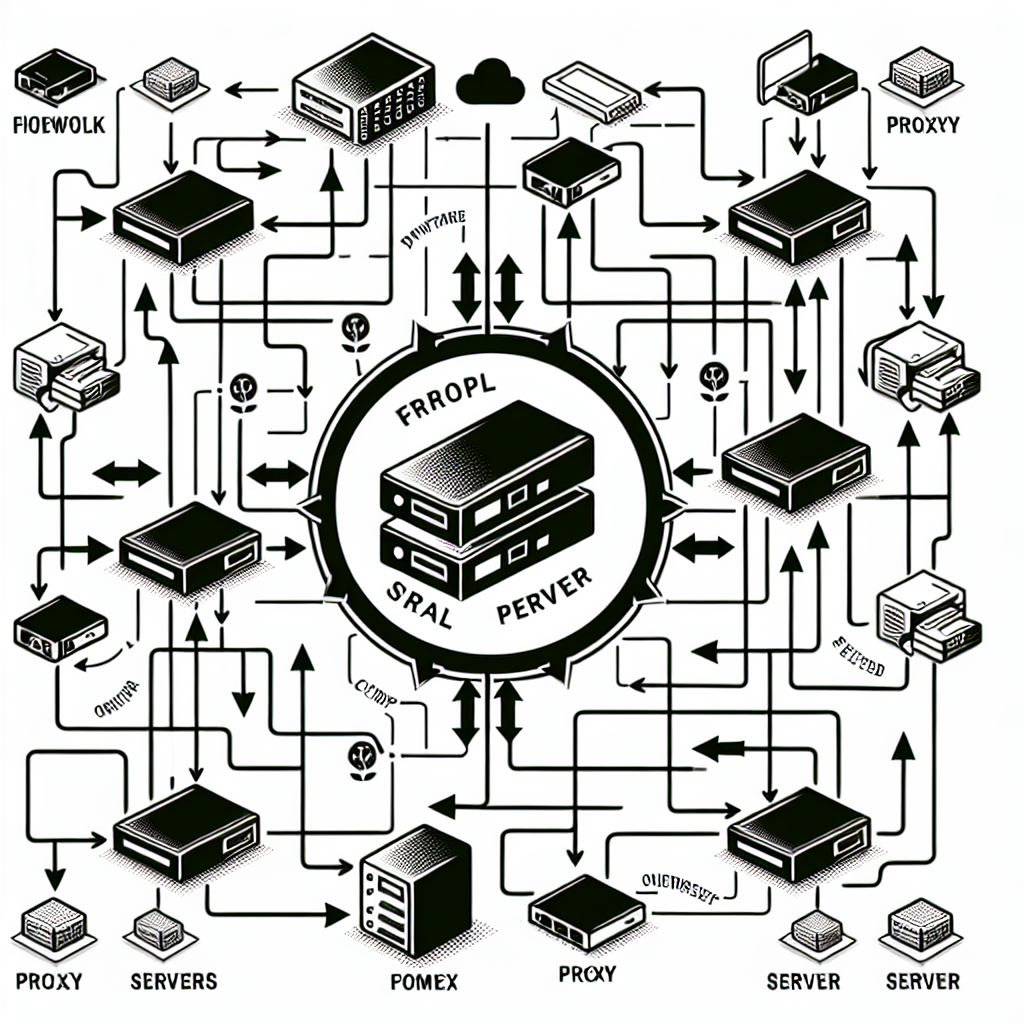What is a Firewall?
A firewall is a security system that monitors and controls incoming and outgoing network traffic based on predetermined security rules. Think of it like a security guard at the entrance of a building, checking who gets in and who goes out to ensure safety.
How Does it Work?
Firewalls work by analyzing data packets that travel across a network. They can block or allow traffic based on certain criteria, such as the source of the traffic, the destination, and the type of data being sent. There are two main types of firewalls:
-
Network Firewalls: These are placed between your network and the internet. They can be hardware devices or software applications that filter traffic entering or leaving the network.
-
Host-based Firewalls: These are installed on individual devices (like your computer) and protect that specific device from unauthorized access.
Firewalls can employ various methods for protection, including:
- Packet Filtering: Examining packets of data and allowing or blocking them based on set rules.
- Stateful Inspection: Keeping track of the state of active connections and making decisions based on that state and the rules established.
- Proxy Service: Acting as an intermediary between your device and the internet, filtering traffic by checking requests before they reach their destination.
Why is it Important for Proxy Users?
For users who utilize proxies, having a firewall is crucial because it adds an extra layer of security. Proxies can help mask your IP address and bypass restrictions, but they also introduce potential risks, such as exposing your data to malicious actors. A firewall helps mitigate these risks by:
- Blocking unwanted or harmful traffic.
- Preventing unauthorized access to your device or network.
- Monitoring the traffic that is allowed through, ensuring it complies with security policies.
Simple, Real-World Example
Imagine you live in a gated community (your network) and have a security guard (the firewall) at the entrance. You also have a friend (the proxy) who helps you send and receive packages (data) without revealing your address (IP address).
When a delivery person (data packet) tries to enter the community, the security guard checks their identification (the firewall checks the data). If the delivery person is verified and has proper clearance, they can enter and deliver the package to your friend. If not, they are turned away.
In this scenario, the security guard (firewall) ensures that only safe deliveries (data) get to you, keeping unwanted visitors (malicious traffic) out. This way, you can enjoy the benefits of having a friend (proxy) help you without compromising your safety.


Comments (0)
There are no comments here yet, you can be the first!